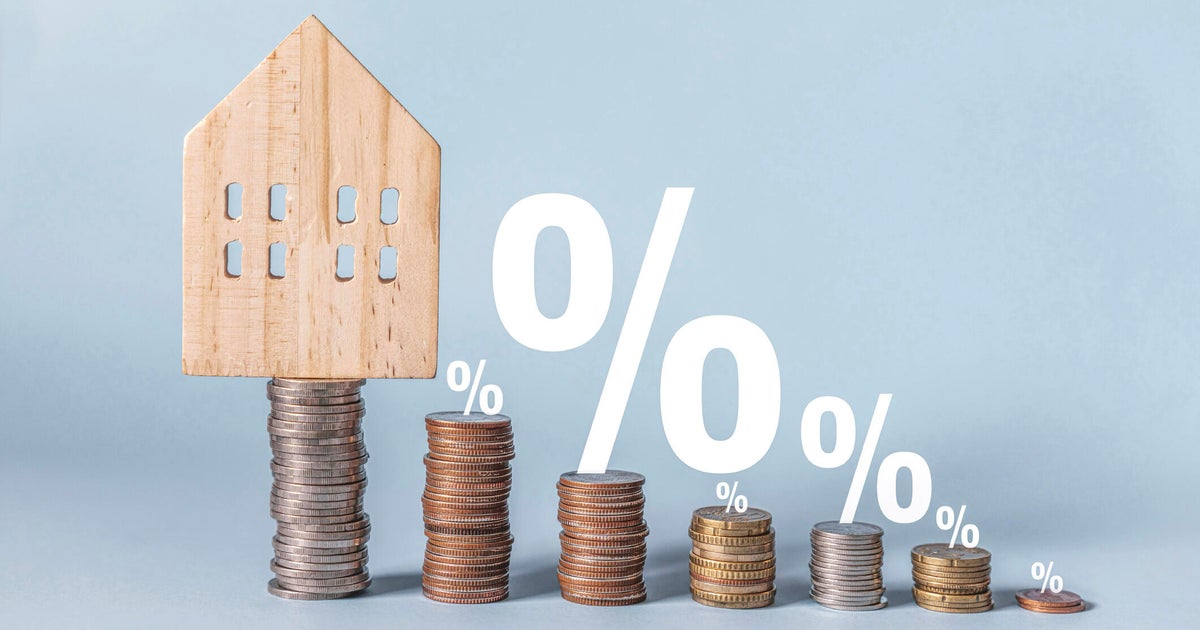5 reasons why this summer may be house-hunting hell
The summer is shaping up to be a miserable season for many house-hunters.
Home values across the U.S. spiked almost 9 percent last month, marking that fastest pace since the height of the housing bubble in June 2006.
Despite the sharply higher prices, demand from buyers remains strong, thanks to a combination of demographic changes, rising wages and the new tax cut, creating what real estate data site Zillow describes as "a perfect storm." On top of that, new construction has been sluggish, leading to tight inventory.
The median home price in the U.S. rose 8.7 percent to $215,600 in April compared with a year earlier, Zillow found.
Higher mortgage rates add to the challenge of finding an affordable home, and some buyers may be rushing to make a purchase before the Federal Reserve potentially boosts rates again later this year. Fixed rates for 30-year mortgages are now at about 4.66 percent, their highest level since May 2011, Freddie Mac reported on Thursday.
There may be a good news/bad news situation in the months ahead, according to Zillow senior economist Aaron Terrazas.
The housing market may slow later this year as it hits headwinds such as the impact of rising mortgage rates, he said. That may provide a breather for buyers, but may disappoint some home sellers.
"Once mortgage rates get beyond 5.5 percent and closer to 6 percent, there will be a more meantingful headwind to home appreciation," he told CBS MoneyWatch.
In the meantime, prospective buyers should get their finances in order, including boosting their credit scores before securing a mortgage, he said.
"If you can get as high a credit score as possible in the year before you buy, it'll save you a lot of money," he noted.
Research from Zillow found that homebuyers with a "fair" credit score -- or between 640 to 680 -- could pay up to $21,000 more than a buyer with an excellent credit score over the life of the mortgage. Buyers with higher credit scores are rewarded with lower interest rates.
Below are 5 things to know about the housing market.
Home values are appreciating fastest in these cities
Some locations are witnessing faster appreciation than others, Zillow found. The cities experiencing breakneck price gains include San Jose, where home values rose 26 percent in April to a median $1.26 million. Other pricey locations include Las Vegas and Seattle, where home values rose 16.5 percent and 13.6 percent, respectively, last month.
Waiting until late 2018 or 2019 may pay off
Home prices may moderate later this year and in 2019, according to Freddie Mac. The government mortgage finance company said it predicts home prices will rise 7 percent in 2018, but will only increase 3.1 percent next year.
Not all millennials are living at home
The size of the millennial generation -- some 83 million people under age 35 -- guarantees built-in demand for housing, even if their household formation is slower than in previous generations. About one-third of millennials still live with adult relatives -- but that still leaves millions who are on the hunt for their own places.
About 1 million new households will form each year for the next few years, creating pent-up demand for housing, according to Freddie Mac.
Construction isn't keeping up
The single-family housing market isn't keeping up with new homes, according to Freddie Mac. Labor shortages and development costs are to blame for the shortfall, although construction started to pick up late last year, it added.
Existing home buyers are hesitant to sell
Because there's not enough inventory to meet demand, some home owners are opting to stay put rather than to put their homes on the market. The fear is that they might sell their home quickly, but be unable to find new home to buy. That's stoking a vicious cycle of low inventory, according to Freddie Mac.



